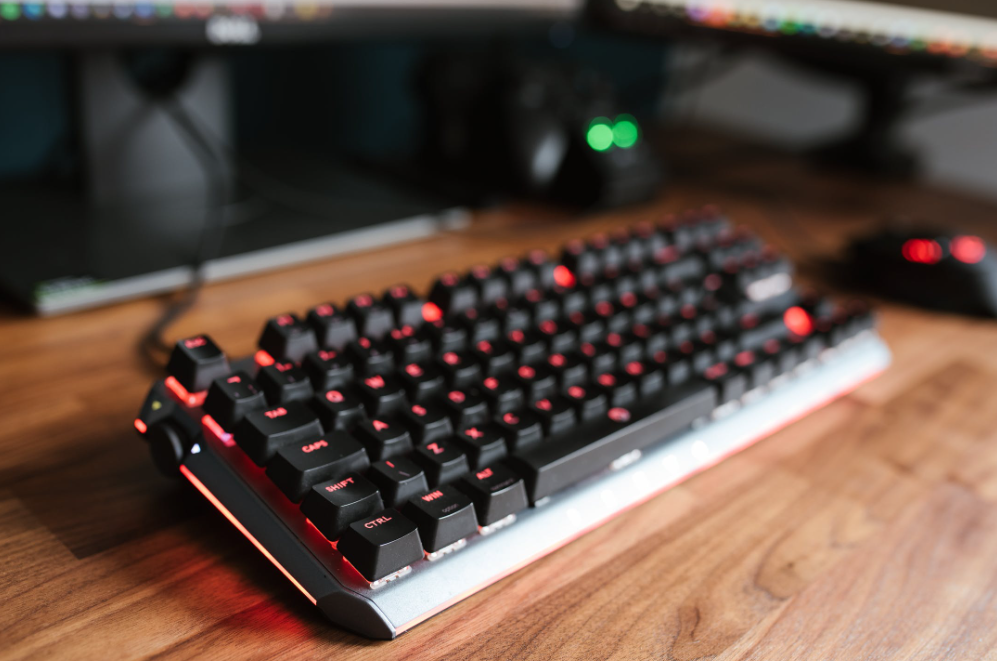1, Information technology among the textile industry equipment
Textile industry after the full application of 5G, through the Internet of Things to connect all the equipment together, in the spinning process of real-time monitoring of various indicators, based on a strong database and artificial intelligence algorithms, to make a rapid response to the abnormal indicators of the yarn, etc., greatly improving production efficiency.
Full automatic fabric roll wrapping machine is more and more popular in textile industry, the operator only needs to put the fabric roll into the packing line, the fabric roll will be transferred to main packing machine, finish packing, and then output.
.png)
The whole process is controlled by PLC .
1) Fabric Roll Input: the fabric roll is transferred to the Main Packing Unit conveyor by Inlet conveyor. The sensor at the entry detects the fabric roll width and diameter and prepare for the following width sealing and side sealing.
2) Width sealing: fabric roll will be pushed to width sealing working position, when fabric roll is in width sealing, main packing unit conveyor will be empty, at this time inlet conveyor will transfer next fabric roll to main packing unit conveyor.
3) Side sealing: After width sealing, the fabric roll is transferred to the side sealing working position. At this time, the width sealing working position is empty and next fabric roll in main packing unit conveyor will be pushed to width sealing working position for width sealing.
4) Fabric Roll Output
2, Unmanned intelligent textile factory becomes a reality
5G in the smart manufacturing textile process will achieve unprecedented interaction and coordination between industrial robots and between industrial robots and machines and equipment. In the flexible manufacturing mode, 5G will meet the high requirements for flexible mobility and differentiated business processing of industrial robots. The rather sci-fi unmanned smart factory has become a reality.
The textile winding machine equipped with camera, automatic inspection instead of manual inspection, and the fabric will be rewind automatically, without any labor cost. And the inspection machine could equipped with faults recording system/software, which adopts America 4-point Standard, could record 4 defects (customized), these defects could be given penalty from 1-4 serious degree on operation panel. The more serious of defects, the more penalty will be given.

3, Remote maintenance of equipment can be realized
Based on 5G technology and robots, remote maintenance of equipment in the textile industry can be realized. Using the low latency of 5G and AR technology, engineers can remotely operate robots to maintain equipment, greatly reducing maintenance time and labor costs.
Which machine is necessary for each weaving mill and knitting factory?
The textile winding machine as basic machine in textile industry, fabric roll is more easy to storage. From plaited fabrics to fabric rolls, or from fabric roll to fabric roll, based on different customer’s requirement, textile machine manufactures can provide different kinds of machine.
The fabric rolling machine price is related to fabric specifications, for wide fabrics, all rollers on machine should be more wider, so that ensure the fabrics run well on the machine. And for woven fabric and knitted fabric, the specification is different, the machine manufacture has to consider the fabric tension control issue. Usually, there has no fabric rolling machine for sale, because each machine is customized for each customer.
Suntech Textile Machinery as leader in machine manufacturing, the quality we provided is same as European standard, and our price is more competitive than European brand. What’s more, we have more than 4000 customers all over the world, our service is satisfied, that’s why more and more customers are willing to purchase machines from us.




